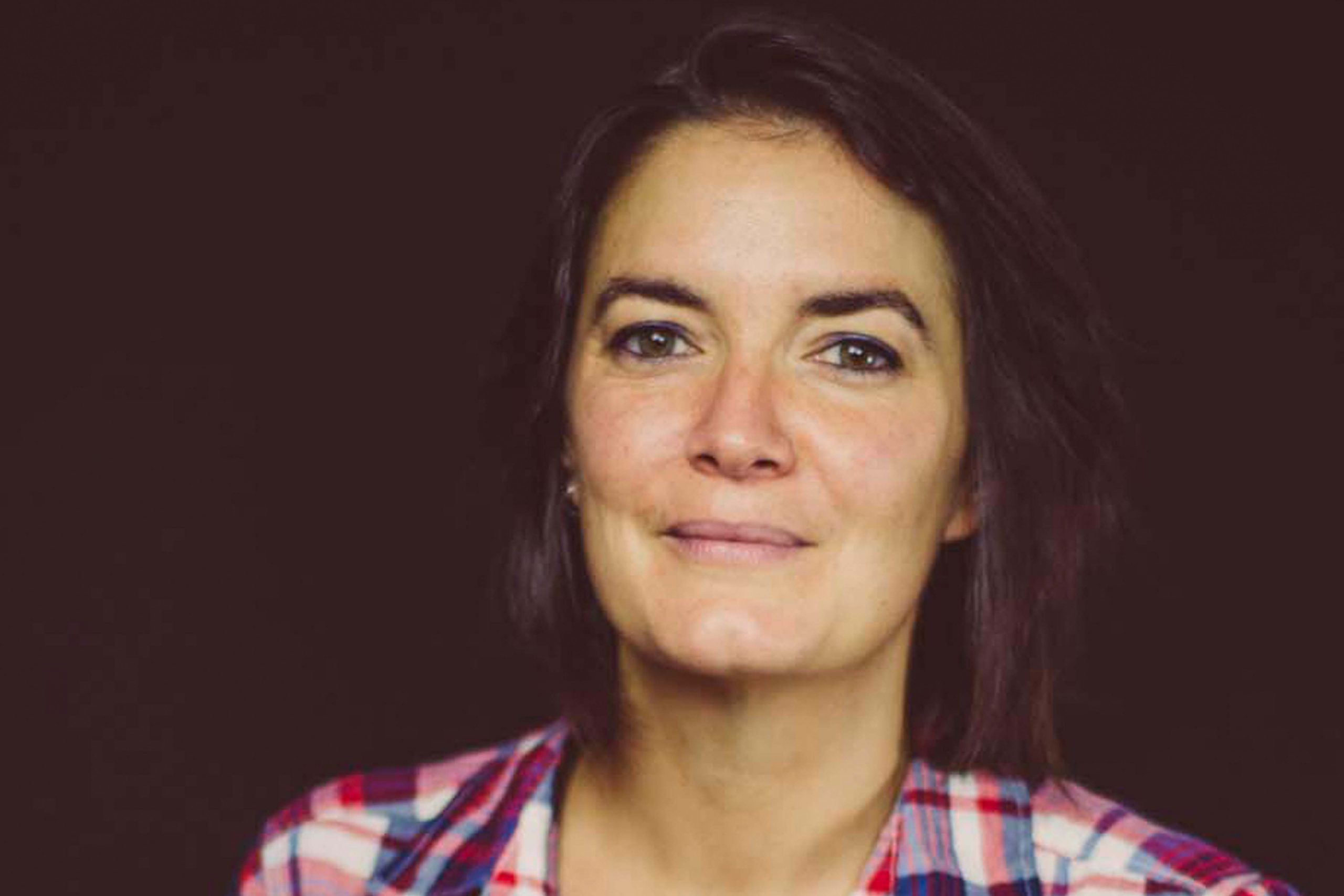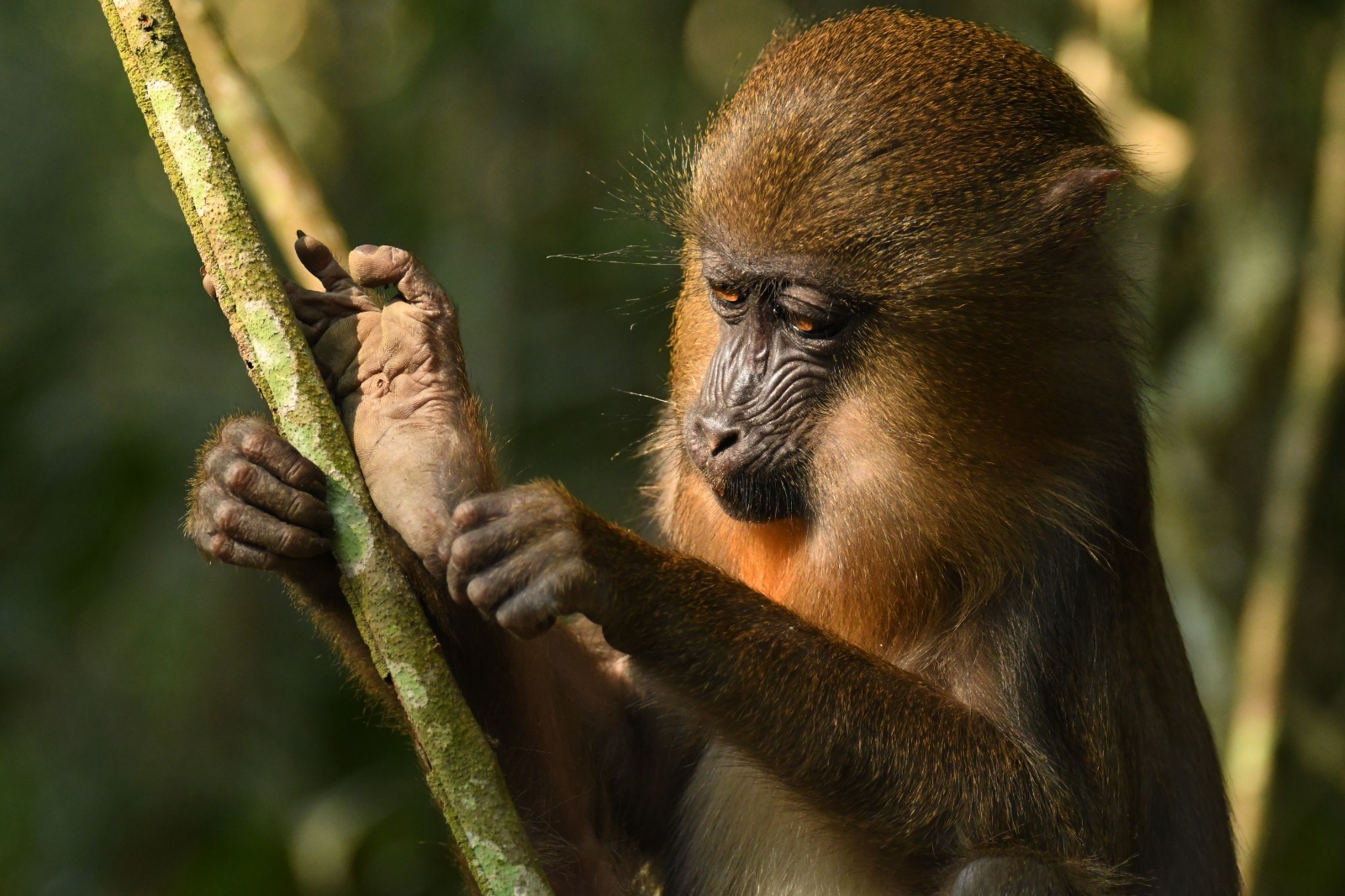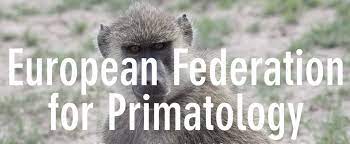Marie Charpentier
Directrice de Recherche
Je travaille sur l'évolution de la socialité dans les sociétés de primates en utilisant des données à long terme centrées sur les individus. Depuis 2012, je gère une station de terrain dans le sud du Gabon (Parc de la Lékédi, Bakoumba) pour étudier la seule population naturelle de mandrills habitués au monde. Dans cette population, j'étudie les principaux déterminants des relations sociales, tels que la parenté ou le statut parasitaire individuel, ainsi que les facteurs proximaux qui régulent ces relations.
The social microbiome: The missing mechanism mediating the sociality-fitness nexus?
Chez de nombreux mammifères sociaux, la vie sociale précoce et l’intégration sociale à l’âge adulte...
The Mandrillus Project
Le projet Mandrillus (www.projetmandrillus.com) étudie la socio-écologie de la seule population habituée de mandrills sauvages...
Stillbirth of a mandrill (Mandrillus sphinx) in the wild: perinatal behaviors and delivery sequences
La naissance est un événement fondamental dans la vie des animaux, y compris dans notre...
81 documents
- Marie Charpentier, Cathy Williams, Christine Drea. Inbreeding depression in ring-tailed lemurs (Lemur catta): genetic diversity predicts parasitism, immunocompetence, and survivorship. Conservation Genetics, 2008, 9 (6), pp.1605-1615. ⟨10.1007/s10592-007-9499-4⟩. ⟨hal-02079473⟩
- Steven Leigh, Joanna Setchell, Marie Charpentier, Leslie Knapp, E. Jean Wickings. Canine tooth size and fitness in male mandrills (Mandrillus sphinx). Journal of Human Evolution, 2008, 55 (1), pp.75-85. ⟨10.1016/j.jhevol.2008.01.001⟩. ⟨hal-02079466⟩
- Marie Charpentier, Marylène Boulet, Christine Drea. Smelling right: the scent of male lemurs advertises genetic quality and relatedness. Molecular Ecology, 2008, 17 (14), pp.3225-3233. ⟨10.1111/j.1365-294X.2008.03831.x⟩. ⟨hal-02079494⟩
- Owen R. Jones, Jean-Michel Gaillard, Shripad Tuljapurkar, Jussi S. Alho, Kenneth B. Armitage, et al.. Senescence rates are determined by ranking on the fast–slow life-history continuum. Ecology Letters, 2008, 11 (7), pp.664-673. ⟨10.1111/j.1461-0248.2008.01187.x⟩. ⟨hal-00318567⟩
- Marie Charpentier, Delphine Deubel, Patricia Peignot. Relatedness and Social Behaviors in Cercopithecus solatus. International Journal of Primatology, 2008, 29 (2), pp.487-495. ⟨10.1007/s10764-008-9246-9⟩. ⟨hal-02079468⟩
- M. Charpentier, J. Tung, J. Altmann, S. Alberts. Age at maturity in wild baboons: genetic, environmental and demographic influences. Molecular Ecology, 2008, 17 (8), pp.2026-2040. ⟨10.1111/j.1365-294X.2008.03724.x⟩. ⟨hal-02079482⟩
- Marie Charpentier, Franck Prugnolle, Olivier Gimenez, Anja Widdig. Genetic Heterozygosity and Sociality in a Primate Species. Behavior Genetics, 2008, 38 (2), pp.151-158. ⟨10.1007/s10519-008-9191-6⟩. ⟨hal-02079471⟩
- Marie J E Charpentier, Franck Prugnolle, Olivier Gimenez, Anja Widdig. Genetic Heterozygosity and Sociality in a Primate Species. Behavior Genetics, 2008, 38, pp.151 - 158. ⟨10.1007/s10519-008-9191-6⟩. ⟨hal-03499305⟩
- M. Charpentier, R. van Horn, J. Altmann, S. Alberts. Paternal effects on offspring fitness in a multimale primate society. Proceedings of the National Academy of Sciences of the United States of America, 2008, 105 (6), pp.1988-1992. ⟨10.1073/pnas.0711219105⟩. ⟨hal-02079491⟩
- Patricia Peignot, Marie J.E. Charpentier, Nicolas Bout, Olivier Bourry, Ulrich Massima, et al.. Learning from the first release project of captive-bred mandrills Mandrillus sphinx in Gabon. Oryx, 2008, 42 (01), ⟨10.1017/S0030605308000136⟩. ⟨hal-02079461⟩
Follow Me On

Contact Info
Specialty
Primatology, Mandrills, Sociality



